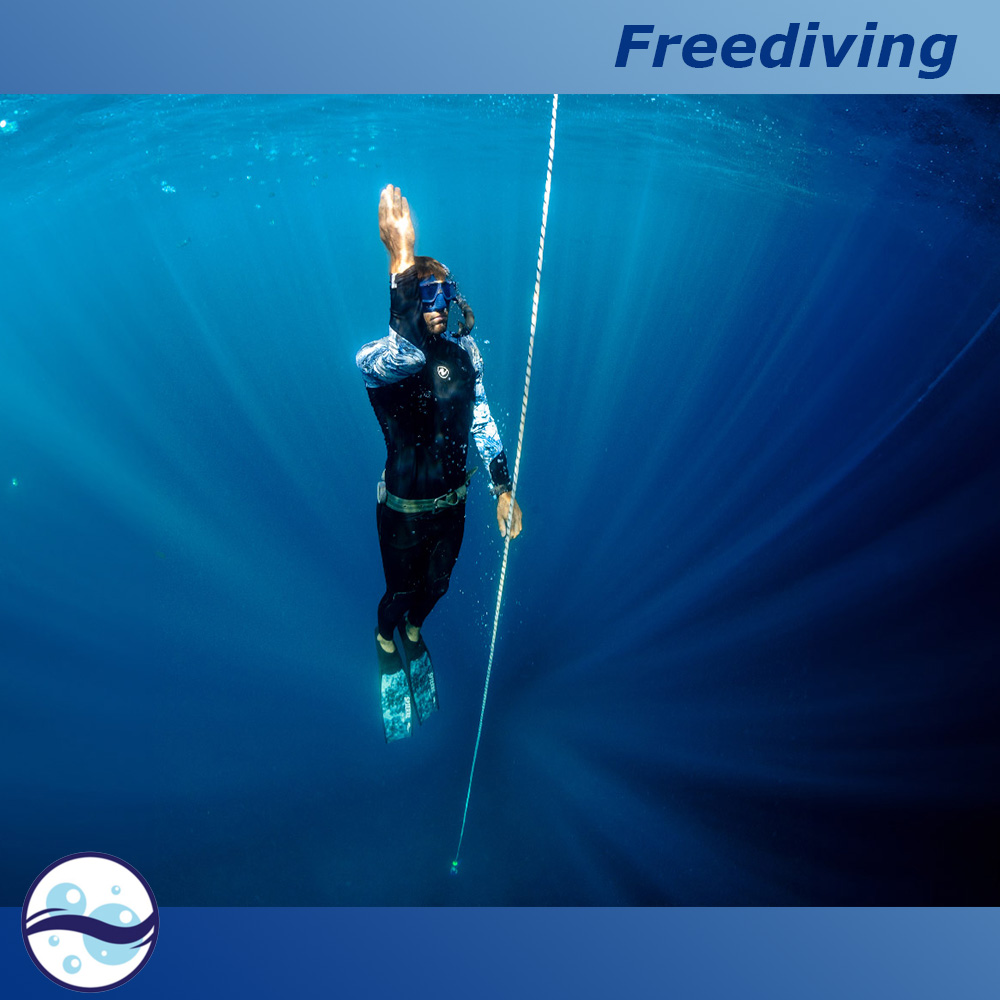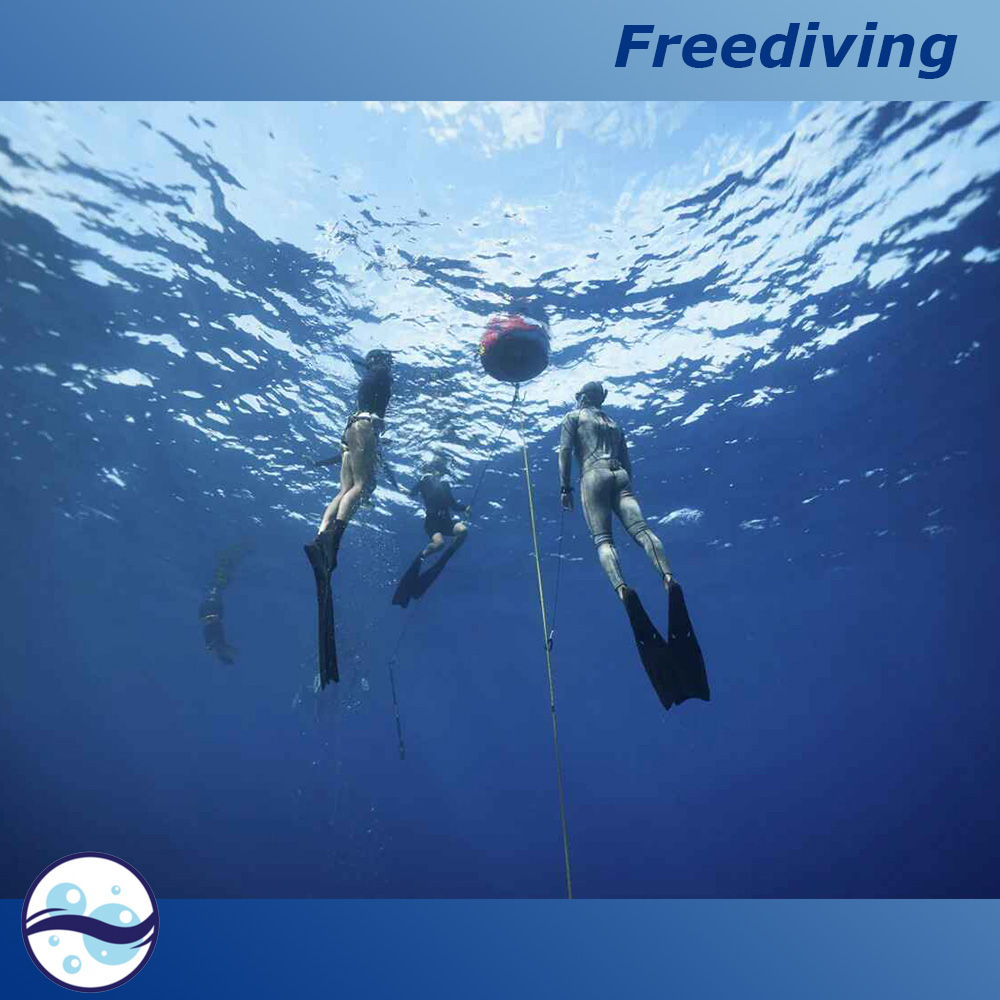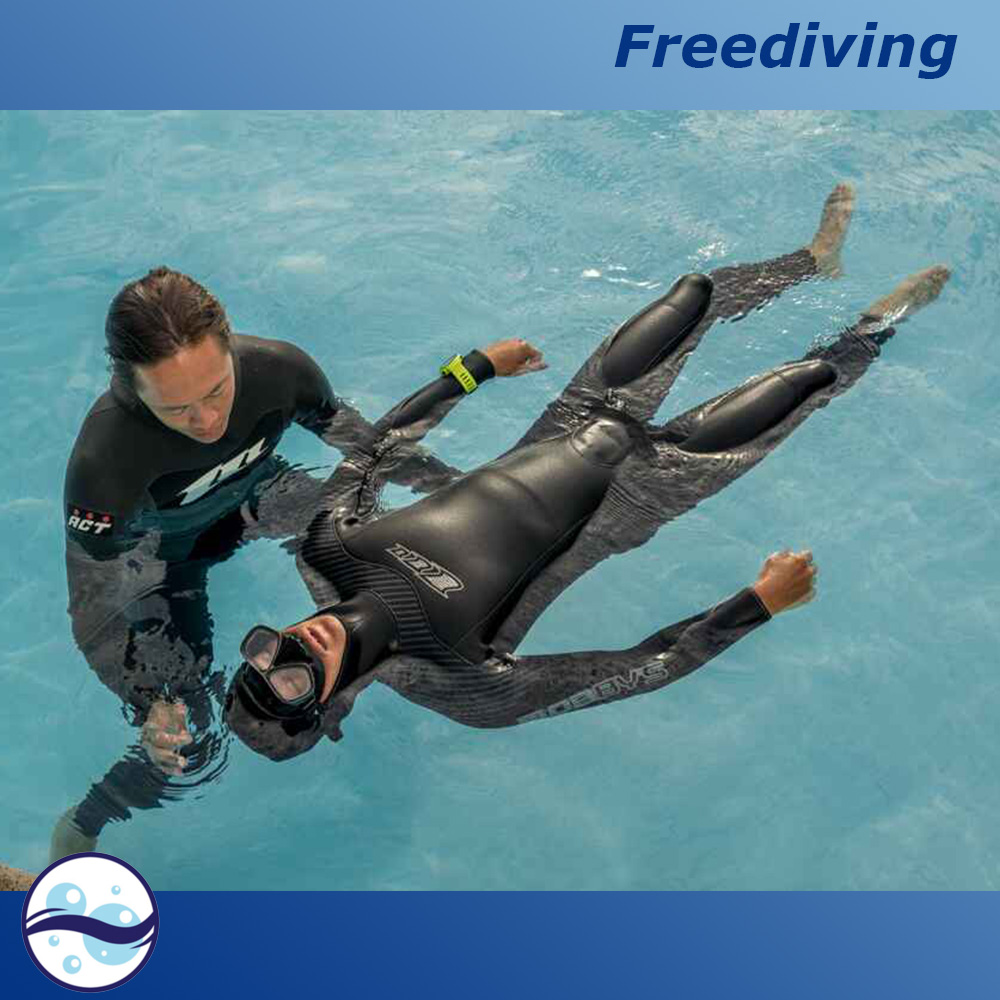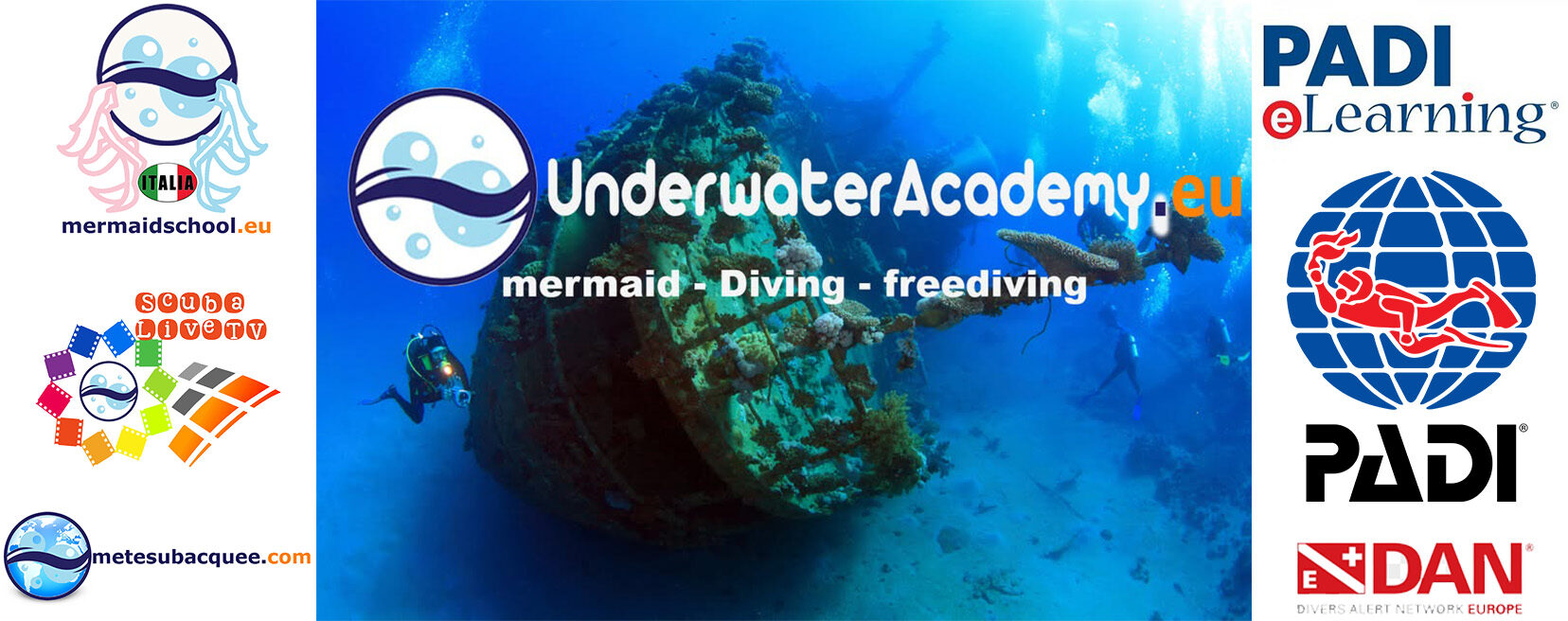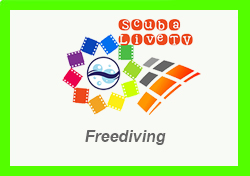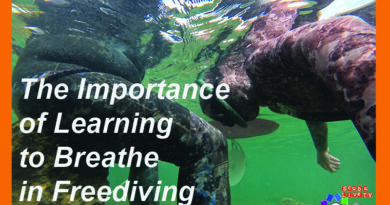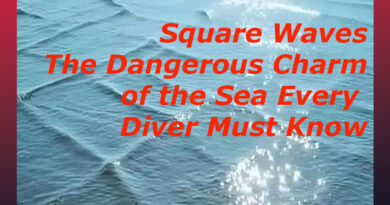Pushing Your Limits: Mental Techniques for Longer and Safer Freediving
|| ScubaLiveTV || Insights || Actuality || Interviews || TV Web || History || Scuba Diving || Freediving || Video collection || Nature and Environment || Collaborate with us ||
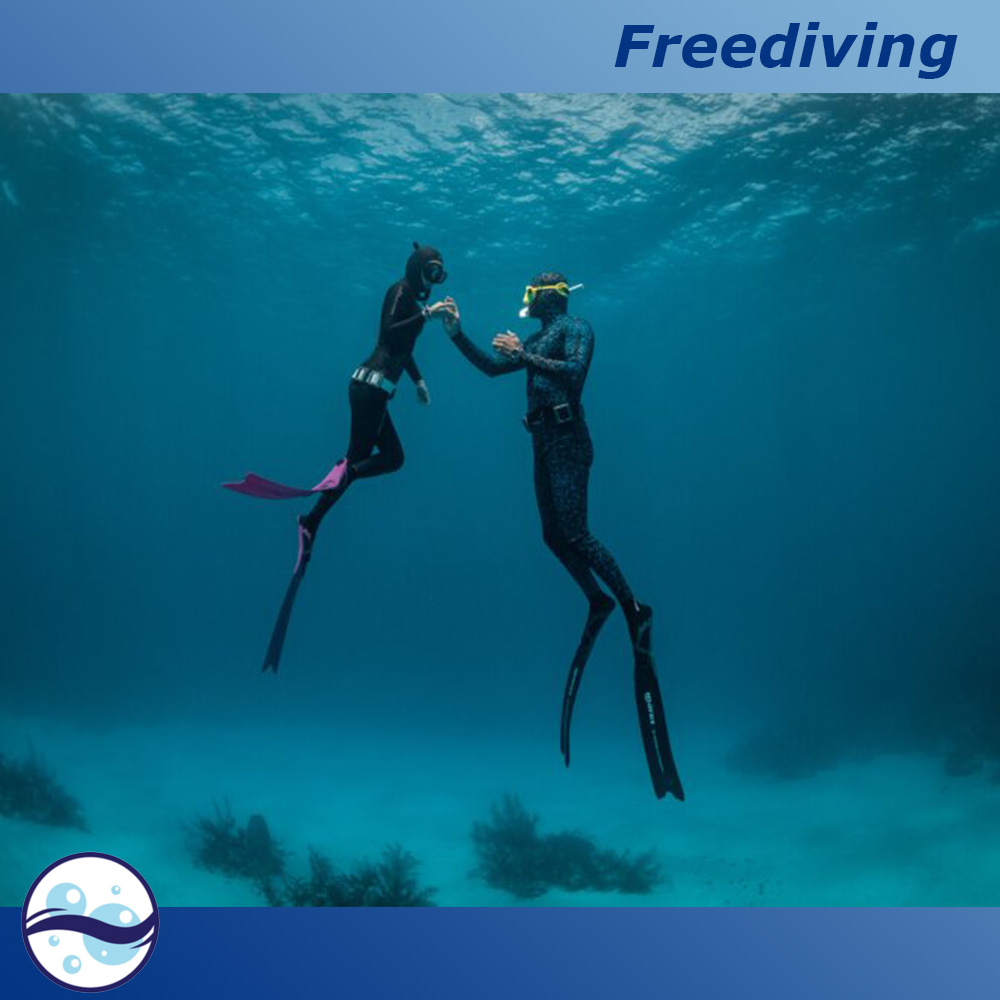
Pushing Your Limits: Mental Techniques for Longer and Safer Freediving
Hello, sea lovers! Today, we’re diving into a topic that can transform your freediving experience: mental techniques to take your dives deeper, always with calm and safety. Picture yourself descending into the abyss, relaxed as a dolphin, with a clear mind and a steady heart. It’s not just about your lungs—your mind is the real star! Whether you’re a beginner or a freediver with some dives under your belt, I’m sharing practical tips to make your breath-holds longer, more relaxed, and safer. And if you’re looking for support to grow in this sport, there are fantastic courses and training sessions, like those at Underwater Academy, to guide you step by step. Ready? Take a deep breath and let’s get started!
- PADI Professional Freediving Courses
- PADI Freediving Specialty Courses
- PADI Freediving Recreational Courses
Why Your Mind Matters as Much as Your Breath
In freediving, holding your breath is only half the game. Champions like Alessia Zecchini or Guillaume Néry shine because of their mental strength. Underwater, anxiety can burn through your oxygen faster than you’d think. A trained mind, however, keeps you calm, saves energy, and turns every dive into a moment of pure connection with the sea. No magic needed: with simple techniques anyone can learn, you’ll improve your breath-holds and bring home a sense of calm that helps beyond the water.
Technique 1: Visualisation, Your Secret Ally
Close your eyes and picture yourself slipping into the water: your body relaxes, your heartbeat slows, and you glide smoothly toward the seabed, wrapped in the sea’s silence. This is visualisation, a technique loved by pro freedivers. Before a dive, spend 5 minutes imagining your perfect dive, including details like the sound of the water or the feeling of weightlessness. This “mental training” reduces anxiety and primes your brain to stay calm. Try it at home: sit down, breathe slowly, and build your ideal dive in your mind. When you’re in the water, your body will follow suit.
A practical tip: start with short visualisations, perhaps in a pool. If you want to dive deeper into this, courses like those at Underwater Academy include guided visualisation exercises, perfect for all levels, from beginners to aspiring instructors.
Technique 2: Mindful Breathing for Calm
Breathing is the heart of freediving, but I’m not just talking about holding your breath. Before diving, try diaphragmatic breathing: inhale for 4 seconds, pushing air into your belly, then exhale slowly for 6–8 seconds. Repeat for 2–3 minutes. This activates the parasympathetic nervous system, telling your body, “Relax, everything’s under control.” It lowers your heart rate and anxiety, saving precious oxygen. It’s like a mental reset button.
A handy trick? Try “box breathing” (4 seconds inhale, 4 hold, 4 exhale, 4 pause) even on land—I use it before a hectic day! Dedicated breathing training sessions, often part of freediving programmes, will help you perfect this technique.
- EFR Instructor PADIThe PADI Emergency First Response Instructor certification ensures confidence in one’s ability to respond effectively and is recognized and appreciated by the diving community and instructors. Sharing acquired knowledge and
- Freediver Instructor Course PADIThe Freediver Instructor course offers comprehensive training that will enable you to work in diving centers, resorts, and specialized apnea organizations. During the course, you will acquire theoretical and practical
- PADI Advanced Freediver Instructor CourseBecoming an Advanced Freediving Instructor allows you to share your passion and knowledge with other enthusiasts, guiding them through advanced training and helping them improve their freediving skills. Description: Imagine
- Master Freediver Instructor Course PADIThe PADI Master Freediver Instructor course is an advanced training program to become a high-level freediving instructor, offered by PADI (Professional Association of Diving Instructors). This course aims to provide
Technique 3: Managing the Urge to Breathe
That “I need to breathe!” feeling during a breath-hold isn’t just low oxygen—it’s often your brain reacting to CO2 buildup. Seasoned freedivers know how to tame it. Try focusing on muscle relaxation: imagine melting your shoulders like butter in the sun. This distracts your mind from the urge and eases tension. Or count slowly: “one… two… three…” It gives you a rhythm and keeps panic at bay.
A crucial warning: never push beyond your limit. Safety comes first. Always dive with a buddy who knows your abilities and how to respond. If you’re new, freediving courses teach you to recognise your body’s signals, and advanced programmes like the PADI Freediver Instructor course even prepare you to teach these techniques.
Technique 4: Mindfulness for Zen-Like Freediving
Think meditation is just for gurus? Think again! Many freedivers use mindfulness to boost their performance. Spend 10 minutes a day on simple meditation: sit in a quiet spot, close your eyes, and focus on your breath. Notice the air flowing in and out, without judgement. This trains you to stay present, even at 20 metres when your body urges you to surface. Mindfulness helps quiet negative thoughts and keeps you calm, making every breath-hold feel almost spiritual.
The Benefits of a Trained Mind
Why focus on your mind? Simple: longer breath-holds, safer dives, and a calm that makes you shine underwater. A relaxed mind uses less oxygen, lowering blackout risks. You’ll feel more in control, more connected to the sea, and, let’s be honest, a bit cooler! Plus, these techniques help in daily life, handling stress and challenges with ease. Imagine diving deep with the serenity of a Zen master—it’s within reach!
Dive with Confidence
Friends, freediving is as much a mental journey as it is a marine one. With visualisation, mindful breathing, relaxation, and a touch of mindfulness, you can push your limits safely. Whether you’re just starting or aiming to beat your personal best, Underwater Academy offers freediving courses for all levels, dedicated training sessions, and even paths to become a PADI Freediver Instructor. The sea is calling: take a deep breath, trust yourself, and dive in. See you in the depths!
